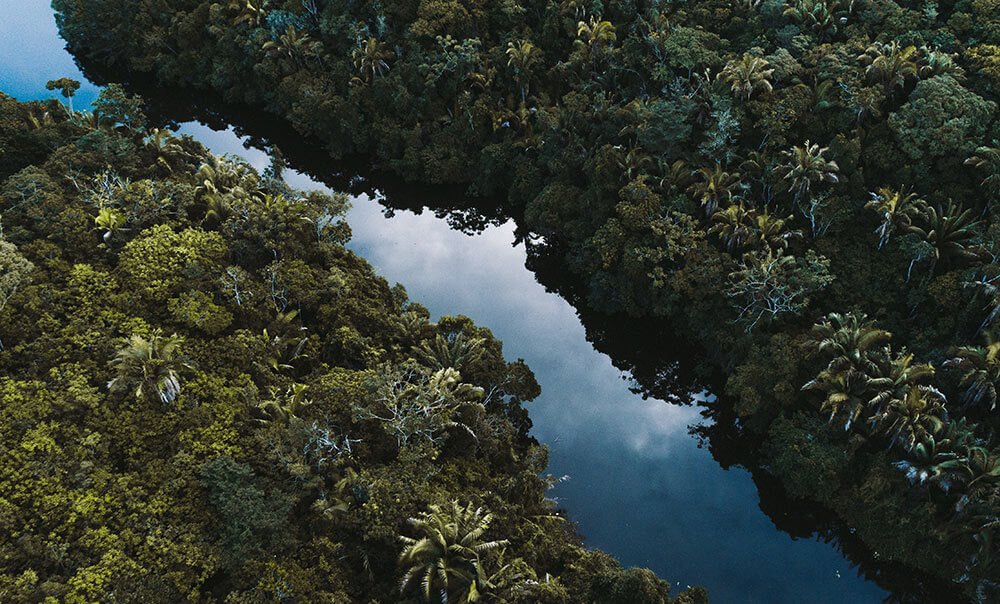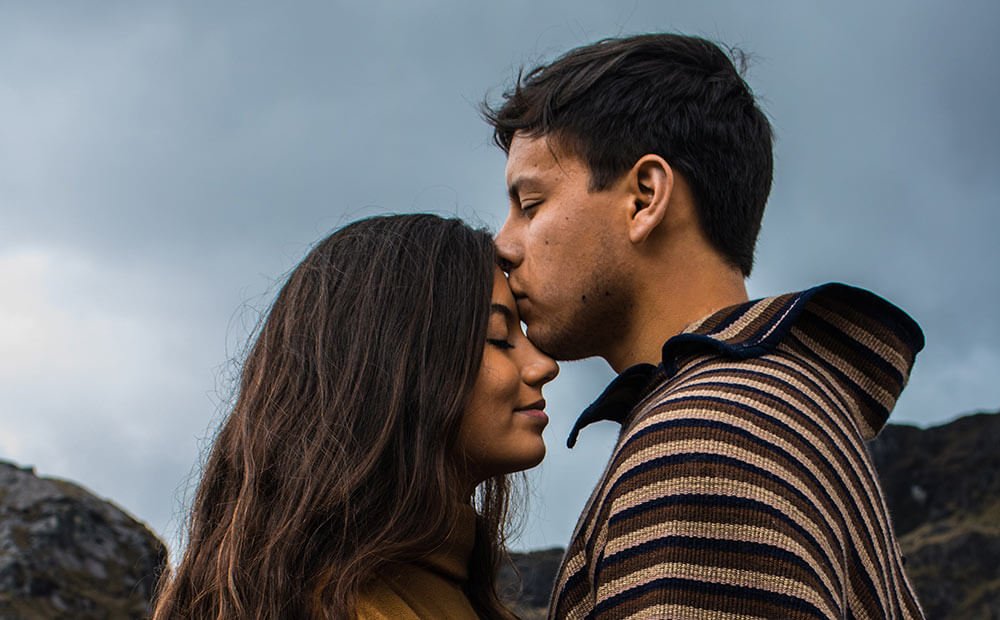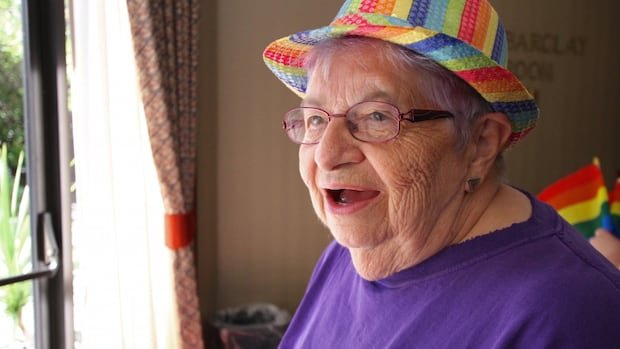Tributes for a long-time, beloved and well-known 2SLGBTQ+ advocate have graced social media and news headlines since the death of Chris Morrissey on Monday.
Among those remembering a friend and a fighter is Yogi Omar, who described Morrissey as a “hero.”
“She means a lot to queer immigrants,” Omar, who is from Indonesia, told CBC News. “She’s always doing something for the queer community, she was always trying to make the queer community a better place, more welcoming, more diverse, more inclusive for everyone.”
Morrissey, who died surrounded by loved ones at the age of 82, was most widely known for founding Rainbow Refugee in 2000. The Vancouver-based organization helps people fleeing persecution based on their gender identity or sexual orientation, and was started after Morrissey experienced a trying immigration experience with her partner.
Rainbow Refugee co-chair Sharalyn Jordan described her late friend as “indomitable, extraordinary, and fiercely loving.”
A trailblazer who advocated for immigrants and refugees from the 2SLGBTQ+ community is being remembered by friends and community members after her death on Monday. Chris Morrissey was known for challenging Canadian immigration laws to recognize same sex couples, as well as her recent advocacy on behalf of seniors. Meera Bains has more on what she accomplished.
Community-focused beginnings
Jordan said Morrissey was raised Catholic in Prince George, B.C., by a very community-oriented family.
Morrissey eventually became a nun, which took her to Albany, NY, where she met Bridget Coll.
“Their first mission that they were sent on together was to Chile during the Pinochet regime,” Jordan told CBC’s On The Coast host Gloria Macarenko. “They were working very closely with women’s organizations on poverty issues and on protesting the dictatorship. It was brave anti-torture work that they were doing.”

The pair would become life partners, but when Morrissey tried to bring Coll, of Irish and American citizenship, to Canada in the early 90s, they were told same-sex relationships were not recognized under the Immigration Act.
“So, they went to court,” Jordan explained.
“They held a press conference, which in the early 90s was a big deal. At that time, we did not have equality protection, employment protection, housing protection. But by being public, they ended up gathering other people in same-sex relationships, gay and lesbian relationships, queer relationships who were facing similar struggles.”
Canada’s immigration laws were changed in 2001, allowing same-sex couples to sponsor each other for immigration.
LEGIT, Rainbow Refugee
Morrissey formed the Lesbian and Gay Immigration Task Force — also known as LEGIT — an organization focused on helping people navigate the immigration process, in 1991.
“Anyone who’s moved here from another place that is hostile to be queer, it’s very difficult,” Omar said. “Oftentimes, when you move away, you uprooted yourself, whether you’re an immigrant or whether you’re from a different city, you don’t have those roots and to have a whole network is so important … [Chris] is always a big support in that world.”
Morrissey then advocated for the Immigration Act to be changed to recognize same-sex couples as family, and she formed Rainbow Refugee.
“Rainbow Refugee is an organization that now kind of creates communities of belonging among queer and trans refugees,” Jordan said.
“We will continue to do that work in honour of Chris.”
Morrissey was awarded the Order of Canada in 2019 for her work supporting 2SLGBTQ+ immigrants.
“Her legacy is her paving the way for other people to be a very authentic queer person,” Omar said. ” I think Chris’s legacy speaks very true to people who just want to be, and who don’t like something in the government, the community, whatever it is, and to fight back and to know where to stand on the right side of the history and continue fighting, but loving so hard at the same time as well.”




